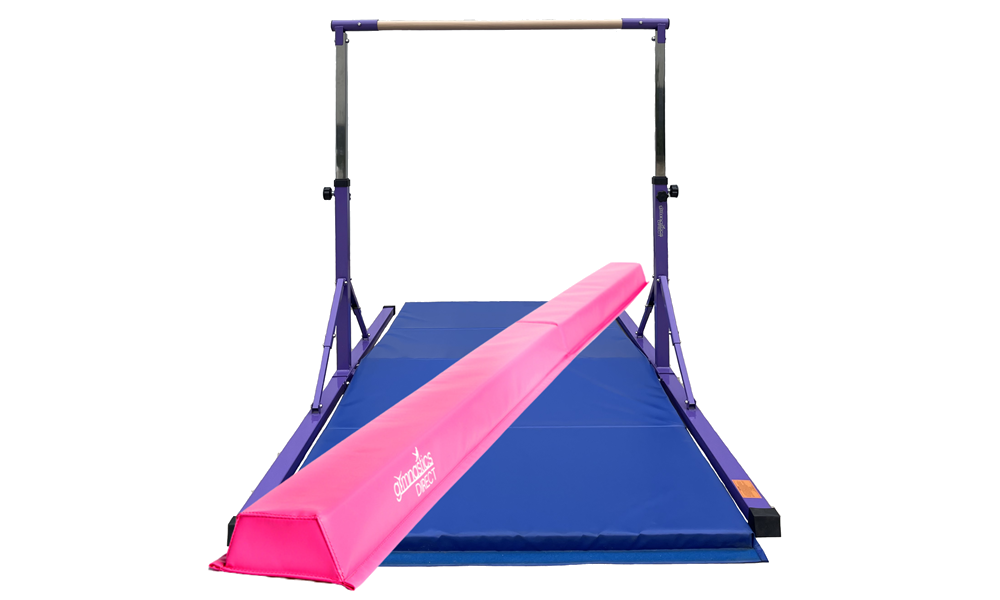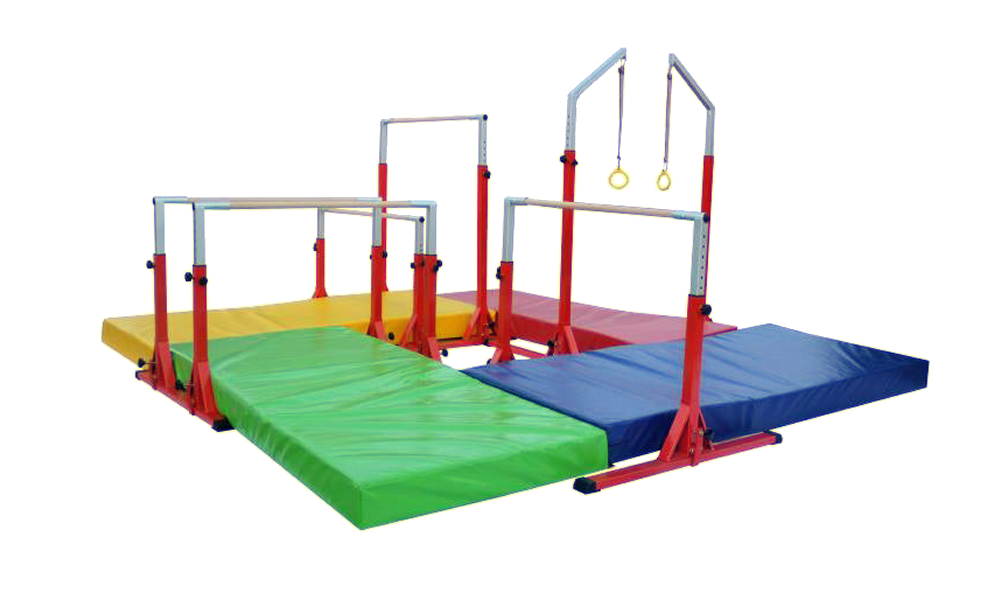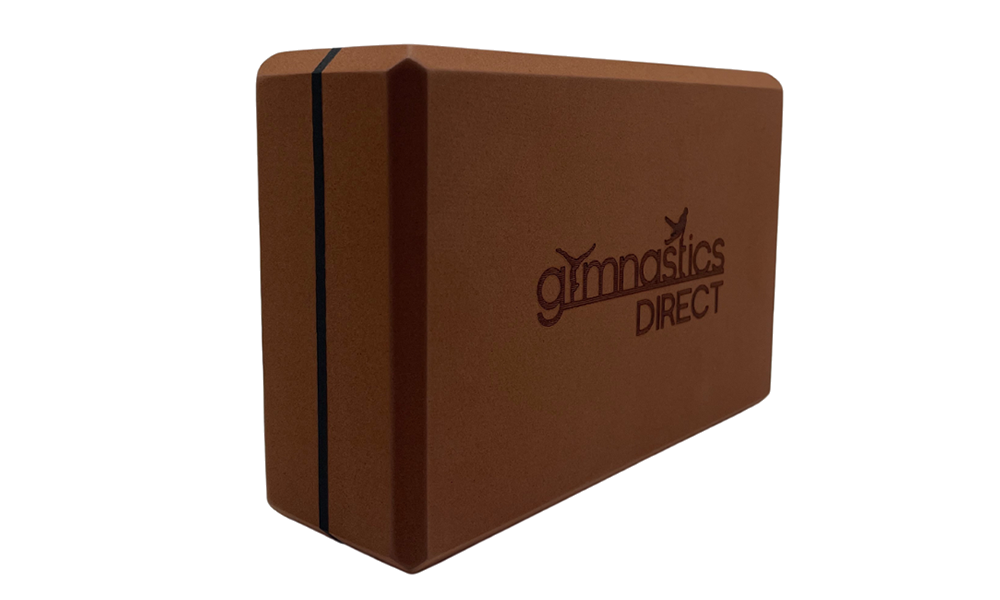Breathing techniques for Calm and Focus with Dr. Sue Jackson
February 23, 2021 2 min read

Dr. Sue Jackson takes a look at the ways breathing techniques can benefit athletes in achieving a calm and focused mind, therefore, achieving their best results.
Breathing – for calm & focus
- While we are always breathing, we are often not aware of how we are breathing. Breathing is the gateway to what our experience in our body and mind is like. If we are feeling nervous, and unaware of how we breathe, our breathing can often be short and shallow, and this actually contributes to more nervousness. By bringing awareness to our breathing, we can modify not only how we are breathing, but also our experience in both body and in mind.
- When we pay attention to our breathing, we are developing an important skill, that of awareness. Awareness has the wonderful quality of bringing us to the present moment. This is where we perform our best, and enjoy our performance.
- Breathing skills are particularly helpful for when anxiety is experienced. When we are anxious, there’s a tendency to breathe in a short, shallow way, from the upper chest. This creates tension in our chest and shoulders, and restricts the amount of air we can breathe in and breathe out. If you’ve felt panicky and like you can’t breathe properly, you’re probably using a short, restrictive breathing pattern.
- We want to train ourselves to breathe from our abdomen. Placing a hand on the abdomen as you practice bringing awareness to your breathing can help you to engage the main breathing muscle, the diaphragm. You’ll know you’re breathing effectively when you feel the abdomen expand, or rise, on the breath in, and fall or relax on the breath out.
- An often under-looked part of the breath is the Exhale. If we think about taking a slow, deep breath – good to help us relax – we may tend to focus on the breath in, and not pay so much attention to the breath out. However, it is the exhalation that is the key to helping us to relax. In fact, exhaling slowly and fully activates the relaxation response in our body.
- A useful exercise is to breathe out at key moments. Sometimes, in pressure situations, our tendency is to breathe in and tighten our muscles. When you are next training, practice with focusing on the exhalation when you wish to calm and centre yourself.
- Breathing is the gateway to a relaxed, focused state, and as such is critical to performance. Learning these skills from a psychologist can help ensure you learn effective breathing techniques that are tailored to your specific needs.
If you want to learn more about how to develop these psych skills for your gymnastics, Sue is available for face-to-face psych coaching sessions in Brisbane, as well as for online consultations through Zoom or Skype. You can contact Sue here, or visit www.bodyandmindflow.com.au for more information of her programs.
Leave a comment
Also in Advice for Gymnasts

Overcoming fear on the Balance Beam
March 24, 2024 2 min read

Best Gymnastics Equipment for Beginners
January 09, 2024 3 min read 2 Comments





